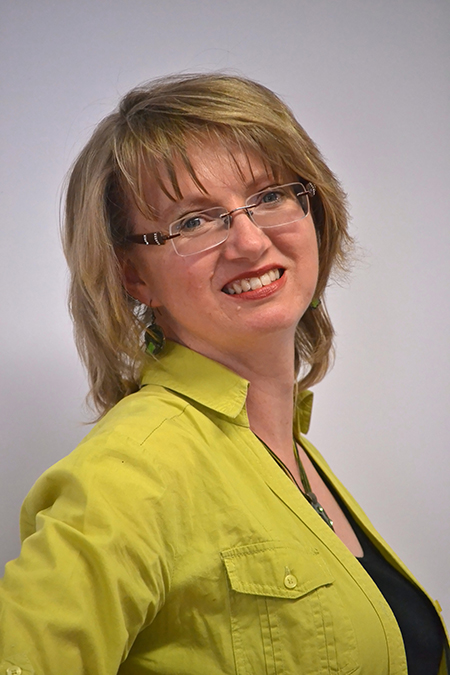This research group aims to bring together those interested in statistics education research – across all levels, with those interested in research in mathematics training at base level. The outcome of this collaborative research endeavour will optimise the delivery of statistics capacity building incentives at all levels.
Launch and inaugural workshop
Six statistics lecturers from the NWU’s campus in Vanderbijlpark attended the launch of the research group at Salt Rock, as well as its very first workshop.
Wilma Coetzee gave a presentation of her research that was very well received by the attendants of the workshop. The topic of her presentation was “Help! I am a statistics student… A qualitative and quantitative study”.
Study seeks to enhance the teaching of statistics
Statistics lecturers experience that many students who are taking a service course in statistics, don’t particularly like statistics. Students in these courses also tend to struggle and as a result they don’t perform well. Wilma’s research investigates the student’s perspective, with the aim to determine how to change the teaching of statistics so that students will enjoy it more and perform better.
Questionnaires were used to determine the perspectives of first year service statistics students on the Vanderbijlpark Campus. Many of the questions used a five point Likert scale, and addressed factors like motivation to study, attitude toward statistics, statistical anxiety, mathematical abilities and tendency to procrastinate. Logistic regression was used to determine what contributes to poor performance in statistics.
According to Wilma the outcome of her research indicated that most students perform badly because of the following contributing factors: having had mathematical literacy instead of mathematics as a subject, statistical anxiety and, not being motivated.
She included two open ended questions in her research questionnaire, namely: “I will enjoy statistics more if…” and “I will perform better in statistics if…” The answers to these questions were analysed using qualitative methods.
Frequent themes were identified for each of the questions. The majority of the students indicated that they would perform better in statistics if they studied more, managed their time better, had a flare for mathematics and if the lecturer was able to explain difficult concepts better. They also want more active learning.
“To ensure that students enjoy statistics more, they want an active learning experience. They want fun activities, more interaction with the lecturer and with one another, more computer based problems, and more challenges,” explains Wilma and adds that they want a better understanding of the subject, want to understand the relevance of statistics to their future career and want excellent lecturers.
These findings can be used to direct the improvement of the tuition of statistics.

Wilma Coetzee
